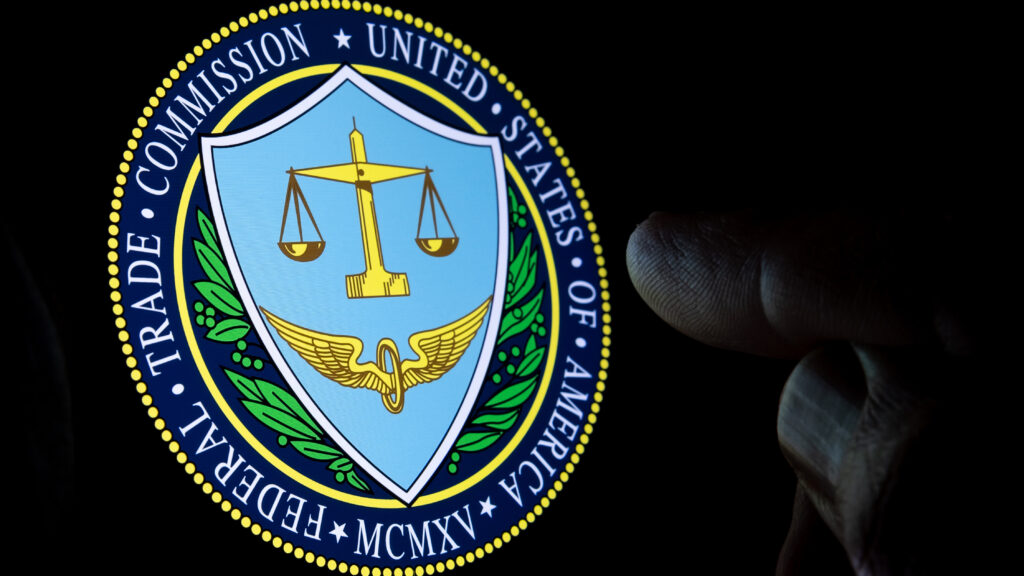The Federal Trade Commission has sued U.S. Anesthesia Partners and its private equity owner, Welsh, Carson, Anderson & Stowe, alleging in federal court the two partners formed a monopoly in order to drive up prices and boost their profits.
Normally, the FTC sues the company that it believes has violated antitrust law. But this lawsuit is novel by also going after a private equity sponsor that it believes hatched the entire alleged scheme — and could serve as a warning to other private equity deals, which have flooded the health care industry.
advertisement
USAP has been in the crosshairs of federal antitrust officials since last fall. STAT reported last year how U.S. Anesthesia Partners bought competing doctor groups in its markets to gain leverage over commercial health insurers and paid shareholders large sums by saddling the company with billions of dollars of debt. The Washington Post reported in July that the company has used its growing market power to command higher prices.
Welsh Carson created USAP in 2012. The lawsuit says the New York-based private equity firm envisioned a roll-up strategy whereby it would consolidate Texas’ small, competing anesthesiology practices in large metropolitan areas. In doing so, Welsh Carson was able to eliminate competition in each market and raise prices with each acquisition.
Since its formation, USAP has acquired more than a dozen practices in Texas. The anesthesia group’s prices “now dwarf those of its rivals,” according to the FTC.
advertisement
The FTC also accuses USAP of entering agreements that allowed it to charge market-leading prices for services provided at key hospitals in Houston and Dallas. The allegations also include that USAP and Welsh Carson secured a promise from another large anesthesia provider to stay out of USAP’s territory.
“These tactics enabled USAP and Welsh Carson to raise prices for anesthesia services — raking in tens of millions of extra dollars for these executives at the expense of Texas patients and businesses,” FTC Chair Lina Khan said in a statement.
The FTC has made it clear under new proposed merger guidelines that antitrust regulators will scrutinize and challenge these types of roll-up acquisitions by private equity firms if they create an overly concentrated market. Consequently, USAP started hiring lobbyists this past summer to oppose the guidelines.
It’s relatively rare for antitrust regulators to name private equity firms as defendants in lawsuits against health care providers, although the Department of Justice has pledged to hold private equity firms accountable for portfolio companies’ fraud, especially after they got billions in pandemic aid.

